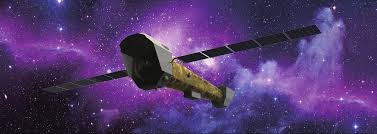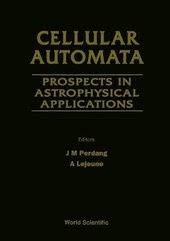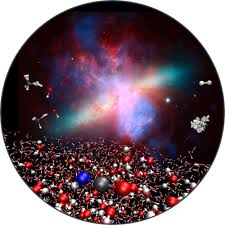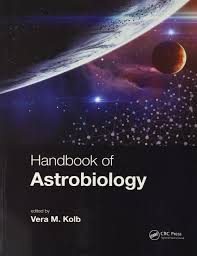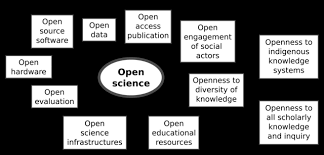Categories:
Planetary science is the study of planets, moons, asteroids, and other celestial bodies in our solar system and beyond. This field of study encompasses a wide range of disciplines, including astronomy, geology, atmospheric science, and astrobiology. Planetary scientists seek to understand the formation, evolution, and composition of these bodies and how they interact with each […]
Categories:
The future of space missions is looking bright, with several exciting projects on the horizon that promise to expand our understanding of the universe and push the boundaries of human exploration. From missions to explore distant planets and moons to ambitious plans for deep space exploration, here are some of the most exciting upcoming space […]
Categories:
Astrophysical phenomena are some of the most fascinating and awe-inspiring events in the universe. These events occur on a massive scale, often involving the most extreme conditions imaginable, and can provide valuable insights into the workings of the cosmos. One of the most well-known astrophysical phenomena is a supernova. A supernova is a powerful explosion […]
Categories:
Astrochemistry: Exploring the Chemical Universe Astrochemistry is a fascinating field of study that explores the chemical processes and reactions that take place in space. It is a multidisciplinary science that combines elements of astronomy, chemistry, and physics to understand the composition and evolution of the universe. At its core, astrochemistry seeks to answer fundamental questions […]
Categories:
Astrobiology: The Search for Life Beyond Earth Astrobiology is a relatively new field of study that aims to understand the origin, evolution, and distribution of life in the universe. It brings together researchers from various disciplines, including astronomy, biology, geology, chemistry, and physics. The search for life beyond Earth has been a topic of fascination […]
Open Science: The Future of Research Science has always been a collaborative effort, with researchers working together to uncover new discoveries and solve complex problems. However, traditional scientific practices have often been hindered by a lack of transparency and accessibility, limiting the potential impact of research on society. This is where Open Science comes in. […]


